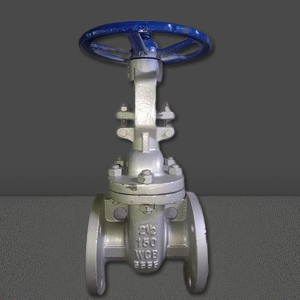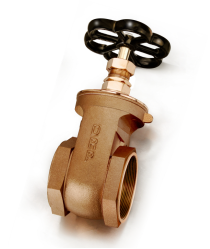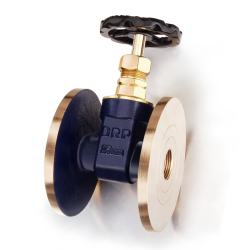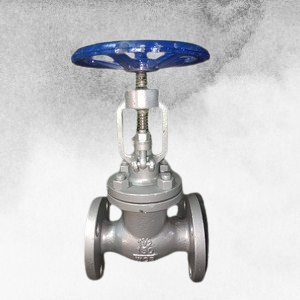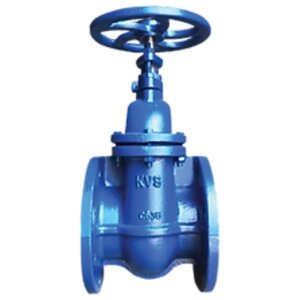CAST STEEL GATE VALVES
Cast steel gate valves are essential components in various industrial applications where fluid control is necessary. These valves are designed to open by lifting a gate out of the path of the fluid. They come in different class ratings such as CL150, CL300, and CL600, which indicate their maximum pressure capabilities at a given temperature according to American standards.
Specification
- Material Composition:
- Body and Bonnet: Made from cast steel, which provides excellent strength and durability.
- Gate Material: Typically constructed from forged steel to ensure a tight seal and resistance to wear.
- Pressure Ratings:
- CL150: Suitable for pressures up to 285 psi at temperatures up to 100°F.
- CL300: Suitable for pressures up to 740 psi at temperatures up to 100°F.
- CL600: Suitable for pressures up to 1480 psi at temperatures up to 100°F.
- Size Range:
- Typically available in sizes from 2 inches to 48 inches, catering to a wide range of pipeline diameters.
- Standards and Certifications:
- Designed and manufactured in accordance with ASME B16.34 and API 600 standards.
- Tested according to API 598 to ensure reliability and performance.
- End Connections:
- Commonly equipped with flanged ends, but butt weld ends are also available for higher integrity applications.
Classification
- By Pressure Class:
- Class 150 (CL150)
- Class 300 (CL300)
- Class 600 (CL600)
- By Connection Type:
- Flanged: Suitable for easier installation and removal in pipework.
- Butt Weld: Provides a more permanent and robust connection.
- By Operation:
- Manual: Operated with a handwheel or gear.
- Actuated: Can be equipped with electric, pneumatic, or hydraulic actuators for automated control systems.
Description
- Applications:
- Oil and Gas Industry: Used in pipelines and processing facilities to control the flow of oil and gas.
- Water and Wastewater Management: Employed in water treatment plants and distribution systems.
- Chemical Processing: Controls the flow of various chemicals in processing plants.
- Power Generation: Used in steam and water lines within power plants.
- Advantages:
- Durability: Cast steel construction offers long-term durability under harsh conditions.
- Leak-proof: Gate valves provide excellent sealing capabilities, making them ideal for liquid applications.
- Versatility: Available in various sizes and classes to match specific system requirements.
- Customizable: Can be fitted with various types of actuators for automatic operations.
- Limitations:
- Weight: Heavier than valves made from materials like cast iron or composites, which may require additional support structures.
- Cost: Generally more expensive than simpler valve types due to their robust construction and material.
- Maintenance and Care:
- Regular Inspection: Periodic inspections for wear and tear, especially in high-temperature and high-pressure applications.
- Lubrication: Regular lubrication of moving parts to ensure smooth operation.
- Operational Testing: Frequent operation to prevent sticking, especially in infrequently used valves.
